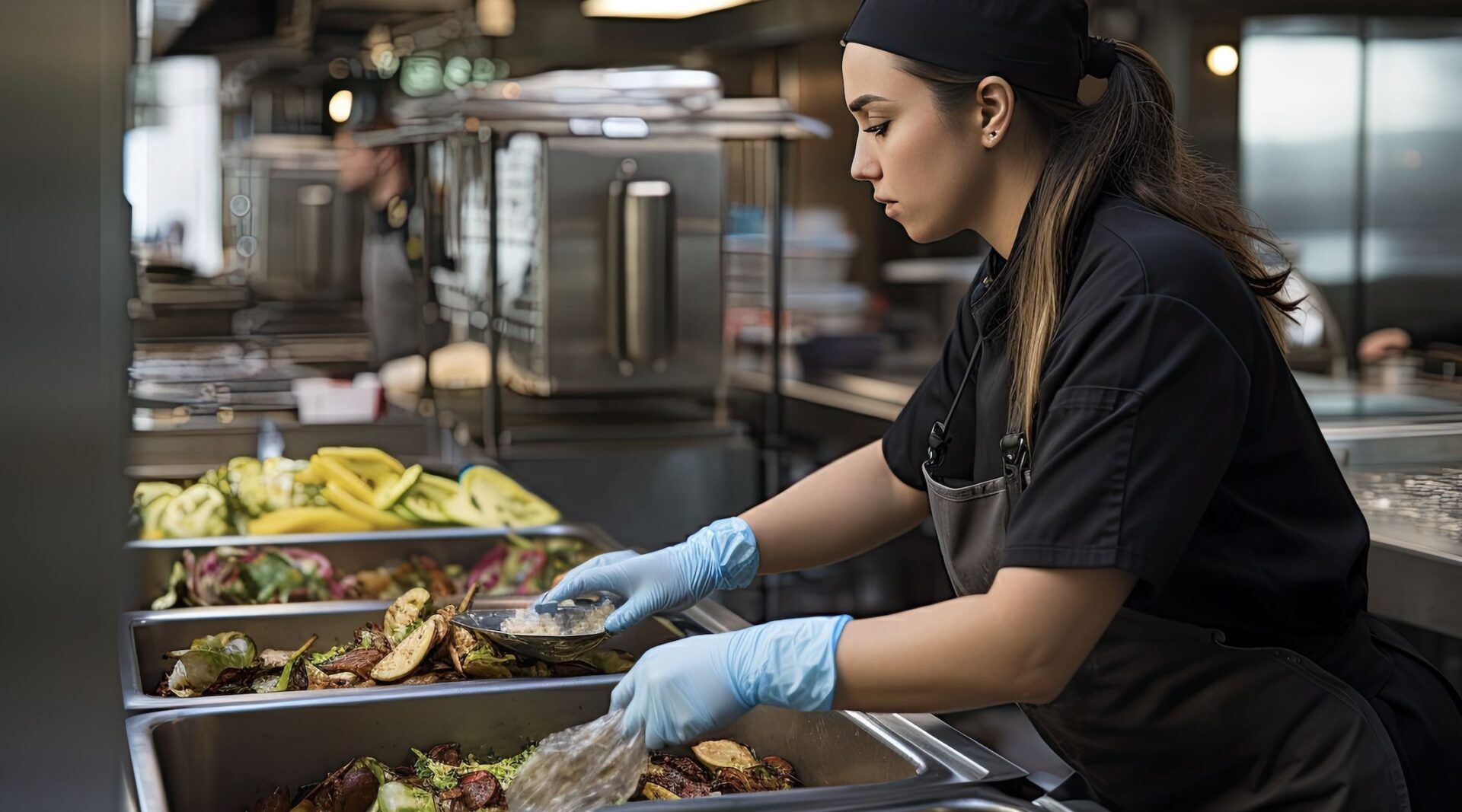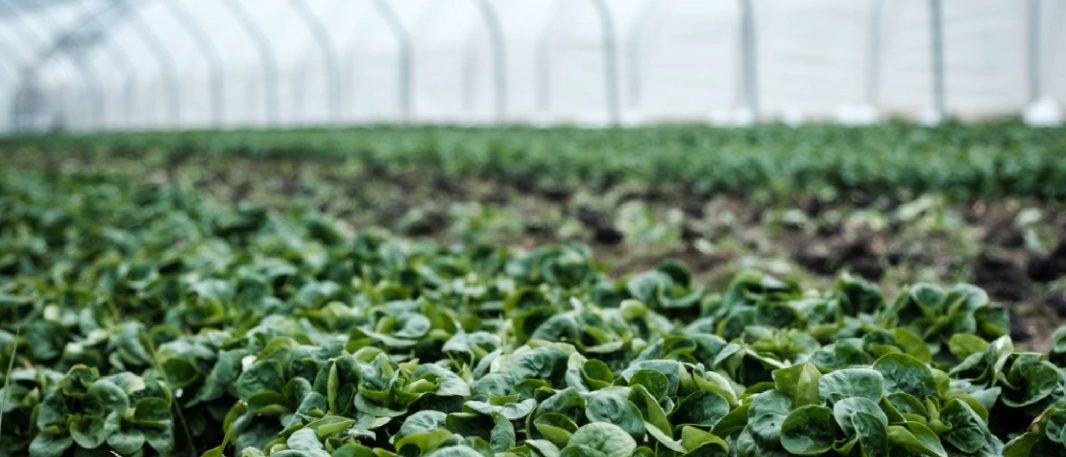In 2018, the UK government took significant steps towards addressing food waste, with Michael Gove appointing Ben Elliot as the nation’s first Food Surplus and Waste Champion. Elliot’s role was to raise awareness about food waste issues and to explore the implementation of mandatory reporting measures. So far so good!
Despite initial progress, the momentum seemed to slow (a surprise for the people of the UK, I am sure). The Climate Change Committee (CCC), an independent advisory group, repeatedly emphasised the need for additional policy measures to reduce food waste throughout the supply chain. They specifically recommended that a food waste reporting mandate be established by 2022.
However, by mid-2023, the Department for Environment, Food & Rural Affairs (DEFRA) announced a postponement. The enforcement of compulsory food waste reporting for businesses, including supermarkets, restaurant chains, and large food and beverage companies, was delayed until at least the end of 2026. This decision represented a significant setback in the effort to manage food waste more effectively.
(Four years after the CCC recommendation isn’t ideal, especially when the yearly food waste in the big businesses we’re meant to be watching is at some serious tonnage.)
According to a report by The Grocer, supermarkets throw away 100,000 of edible food annually in the UK alone. That’s not to say that supermarkets are the bad guys. In fact, Aldi has completed its initial food waste reduction target, getting waste down by 57% since 2017 (eight years early), and as such, it revealed in the first week of 2024 that it required a brand new target to go after.
For Quick Service Restaurants (QSRs), setting similar waste reduction targets represents both an opportunity and a challenge. Given their fast-paced nature and high volume of customers, along with the need to accurately schedule pre-prep for food made in store – QSRs encounter substantial challenges in managing food waste. However, adopting sustainable practices and waste reduction measures, especially through technological solutions, presents a valuable chance for these establishments. By doing so, QSRs can meet the growing consumer demand for environmental stewardship, while simultaneously enhancing operational efficiency and reducing expenses.
It’s also an appetite that’s being felt by consumers. Edie.Net revealed that 80% of constituents wished to see the target being met sooner.
Either way, at the back end of 2023, food campaigners launched a crowdfunding appeal to finance a judicial review of the government decision. It seems many legal teams believe that the decision has not been rational in the face of evidence.
In a mini-manifesto, FareShare stated: “The UK’s efforts fall well short of the other G7 countries, like the US, France and Spain. These countries have introduced legislative and economic frameworks that have fostered a supportive environment for food redistribution.
“In contrast, the UK Government has remained largely inactive. The heavy lifting has been undertaken by charities, community groups and businesses, many operating without intervention or support.”
They believe that the UK needs a comprehensive national food strategy, a supply chain task force and ‘more resources for local authorities and city mayors to provide food schemes.’
Many big businesses are already reporting food waste voluntarily, but at present it’s just that, a nice to have.
While big brands are seeing the branding and business benefits of driving down food waste, mandates make it essential. A 4-year wait is perhaps too little, too late.
Do you want to do more than is being asked of you?
Undertaking your own food waste reporting is a great way to get ahead of the curve, but it can also seriously improve your profitability.
Do you want to go beyond mere compliance and lead in sustainability and profitability?
Adopting a proactive approach to food waste management is not just about meeting future regulatory requirements; it’s about seizing the opportunity to enhance your brand’s reputation, engage with your customers on a deeper level, and drive operational efficiencies that directly impact your bottom line.
With Orderly, we’re not just offering an inventory management solution; we’re providing a pathway to transform your food waste challenges into opportunities for growth and sustainability. Our platform is designed specifically for large food and beverage businesses, including QSRs and grocery, that are ready to take the lead in making ethical and environmentally responsible decisions. By leveraging our comprehensive analytics and reporting tools, AI forecasting, and IoT integrations and recommendations – you can not only anticipate micro and macro trends, but set new standards in your industry for waste reduction and sustainability.
Contact us for a demo of Orderly today and discover how we’re empowering businesses to make impactful, ethical decisions, ahead of legislative mandates and in alignment with global sustainability goals.







